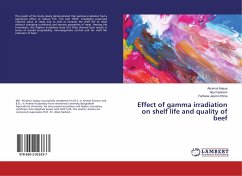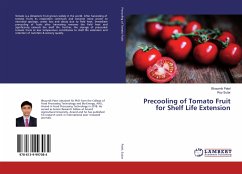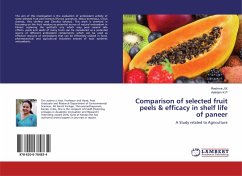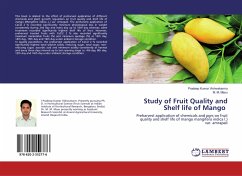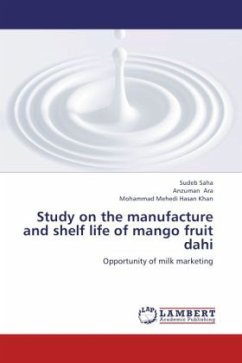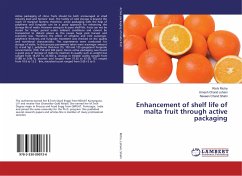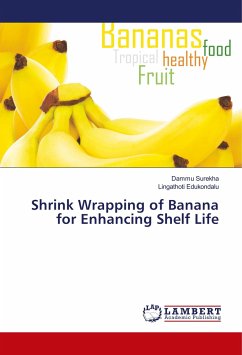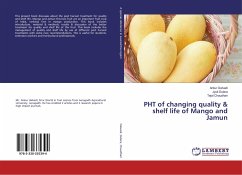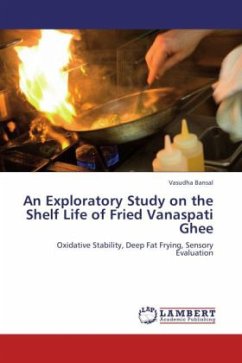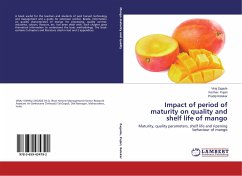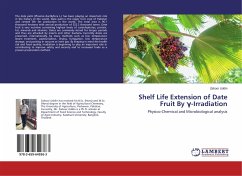
Shelf Life Extension of Date Fruit By ¿-Irradiation
Physico-Chemical and Microbiological analysis
Versandkostenfrei!
Versandfertig in 6-10 Tagen
36,99 €
inkl. MwSt.

PAYBACK Punkte
18 °P sammeln!
The date palm (Phoenix dactilyfera L.) has been playing an important role in the history of the world. Date palm is the major fruit crop of Pakistan and ranked 5th for production in the world. The total area is 90.1 thousand hectares with annual production of 522.2 thousand tones. Date fruit is very nutritive containing highest levels of carbohydrates, protein, fat, minerals and vitamins. Dates are commonly stored for longer periods and thus are attacked by insects and other bacteria. Currently dates are preserved, internationally, by many methods such as low temperature steam treatment, paste...
The date palm (Phoenix dactilyfera L.) has been playing an important role in the history of the world. Date palm is the major fruit crop of Pakistan and ranked 5th for production in the world. The total area is 90.1 thousand hectares with annual production of 522.2 thousand tones. Date fruit is very nutritive containing highest levels of carbohydrates, protein, fat, minerals and vitamins. Dates are commonly stored for longer periods and thus are attacked by insects and other bacteria. Currently dates are preserved, internationally, by many methods such as low temperature steam treatment, pasteurization, drying, fumigation, low temperature storage, and packing in vacuum or inert gas. By keeping in mind the health risk and food quality, irradiation is beginning to play an important role in contributing to improve safety and security and to increased trade as a proven preservation method.



